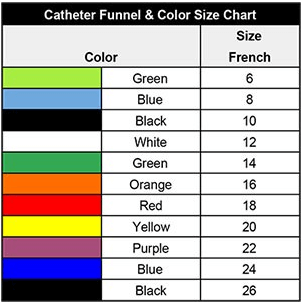A client who had orthopedic surgery three days ago verbalizes difficulty in sleeping. Which initial intervention is best for the practical nurse (PN) to implement?
Offer the client a prescribed sleep medication.
Reposition the client and provide a back rub.
Administer an as needed (PRN) prescription for pain.
Provide a cup of hot chocolate at bedtime.
The Correct Answer is B
This is the best initial intervention for the PN to implement because it promotes comfort, relaxation, and circulation for the client. A back rub can also reduce anxiety and muscle tension, which can interfere with sleep. The PN should use non-pharmacological methods to facilitate sleep before resorting to medication.
Nursing Test Bank
Naxlex Comprehensive Predictor Exams
Related Questions
Correct Answer is C
Explanation
This is the first action that the PN should take because the catheter size and balloon volume are inappropriate for the client. A #18 urinary catheter is too large for a female client who weighs 50 kg, and a 30 mL balloon may cause bladder trauma or discomfort. The PN should consult with the charge nurse and obtain a smaller catheter (such as #14 or #16) with a 10 mL balloon.

Correct Answer is C
Explanation
A) Incorrect- an audible voice when client is trying to communicate, indicates that the client has some air passing through the vocal cords, which may be due to a partially deflated cuff or a speaking valve. This is not a life-threatening situation, but the nurse should ensure that the cuff pressure is adequate and that the client is not experiencing any discomfort or aspiration risk.
B) Incorrect- This may indicate atelectasis, pneumonia, or pleural effusion in that lung area. The nurse should auscultate the client's lungs more thoroughly, monitor the client's oxygenation and ventilation parameters, and report the findings to the provider.
C) Correct- This finding suggests that the client may have a ventilator disconnect, a leak in the circuit, or a cuff leak, which can compromise the client's oxygenation and ventilation. The nurse should immediately check the ventilator connections and tubing, and assess the client's vital signs and oxygen saturation.
D) Incorrect- high-pressure alarm sounds when the client is coughing, which is a common occurrence in mechanically ventilated clients who have increased airway resistance due to secretions, bronchospasm, or coughing. The nurse should suction the client as needed, administer bronchodilators if prescribed, and ensure that the ventilator settings are appropriate for the client's condition.
Whether you are a student looking to ace your exams or a practicing nurse seeking to enhance your expertise , our nursing education contents will empower you with the confidence and competence to make a difference in the lives of patients and become a respected leader in the healthcare field.
Visit Naxlex, invest in your future and unlock endless possibilities with our unparalleled nursing education contents today
Report Wrong Answer on the Current Question
Do you disagree with the answer? If yes, what is your expected answer? Explain.
Kindly be descriptive with the issue you are facing.
